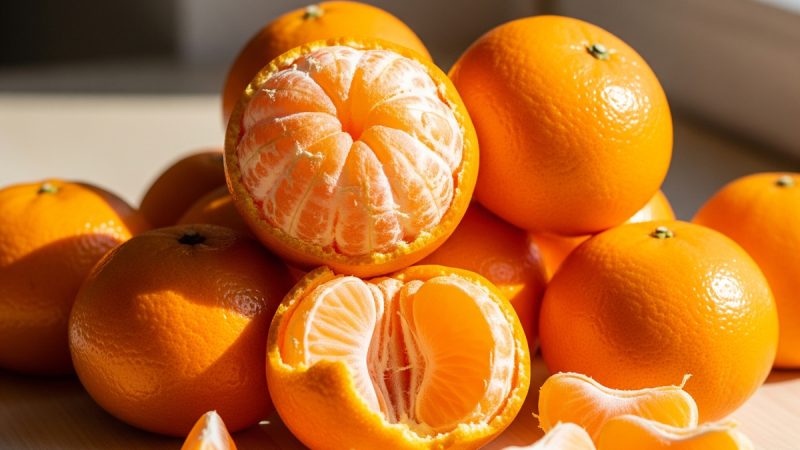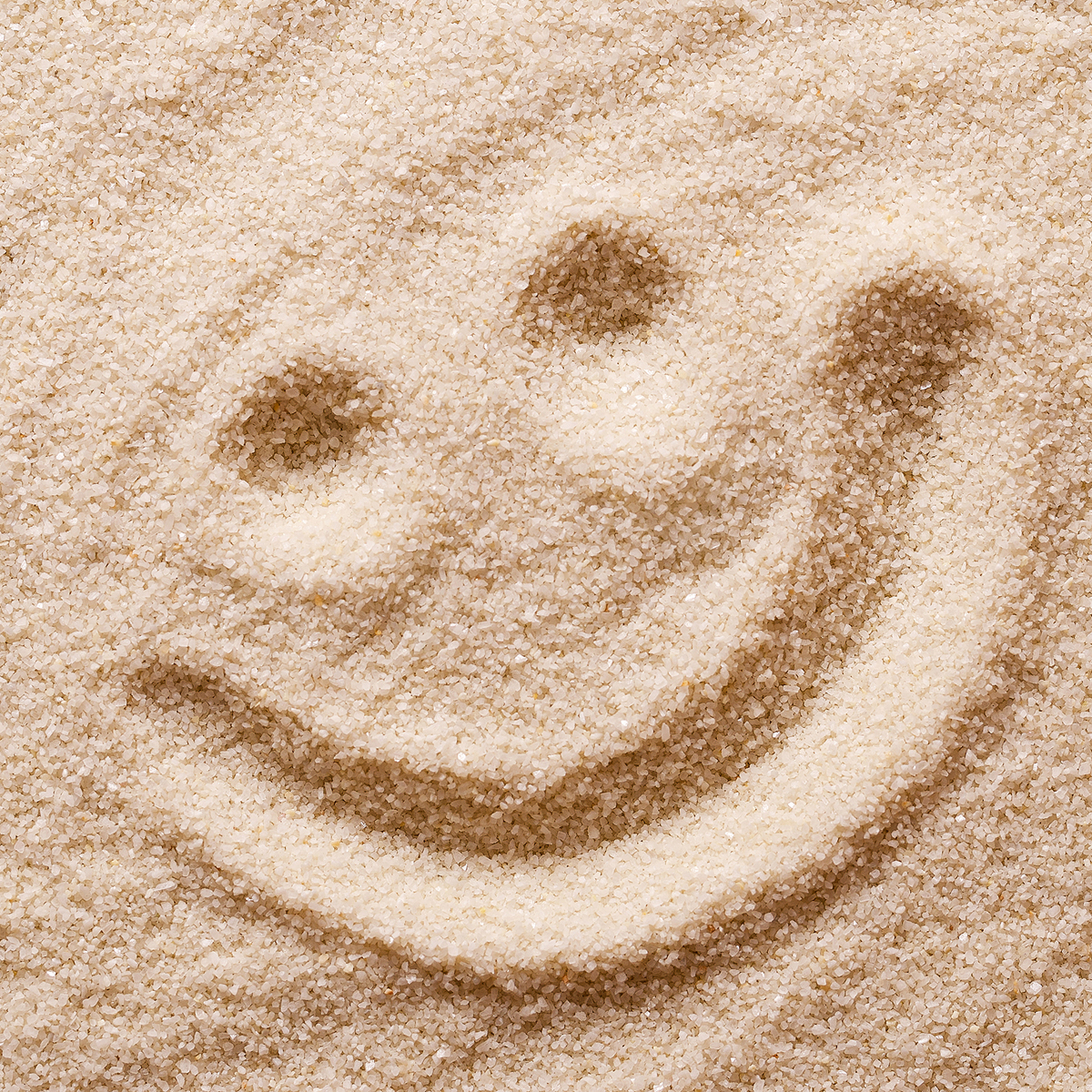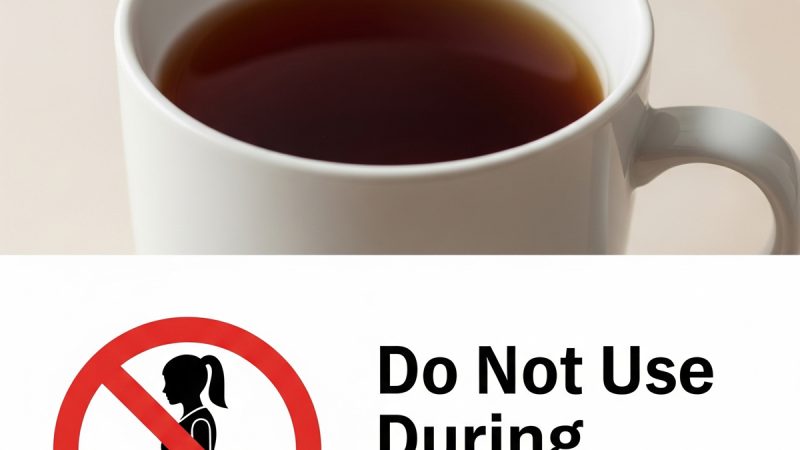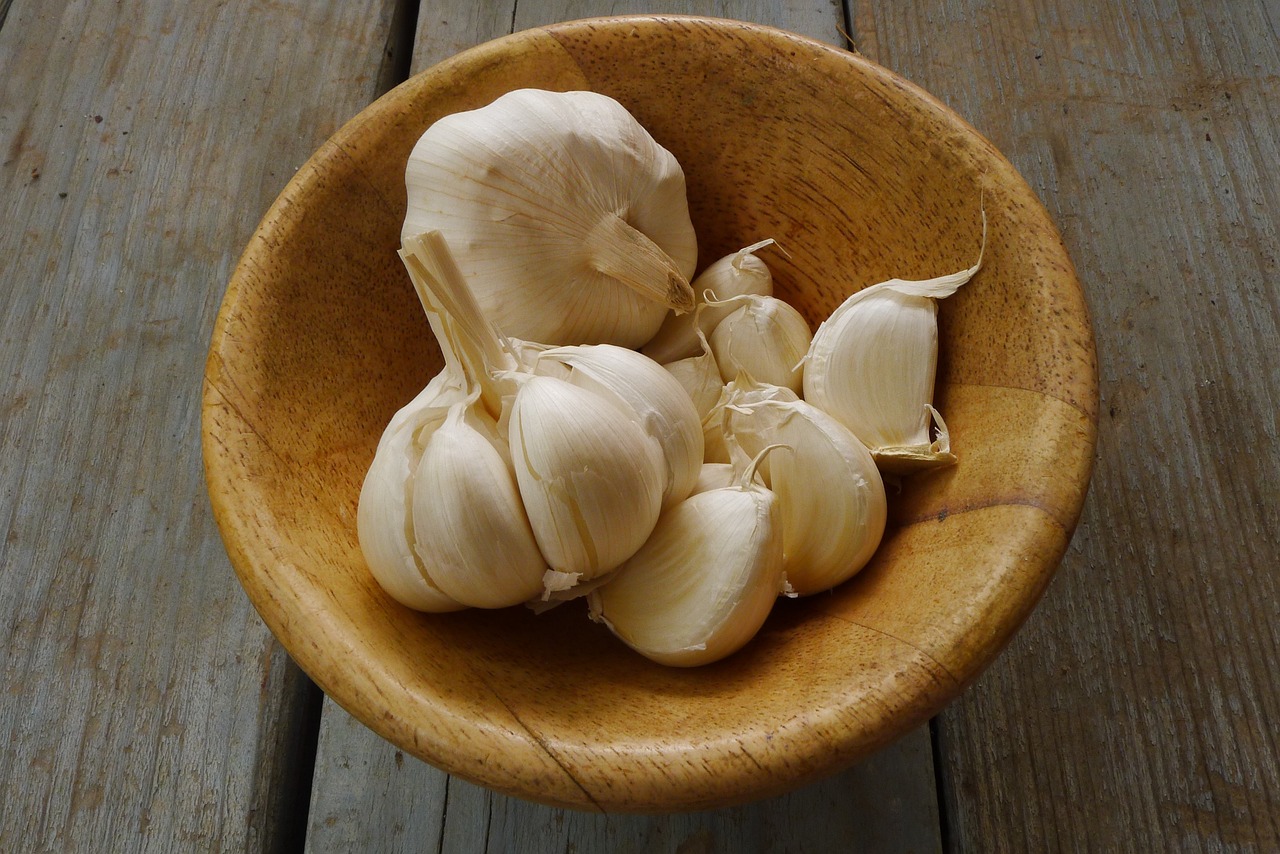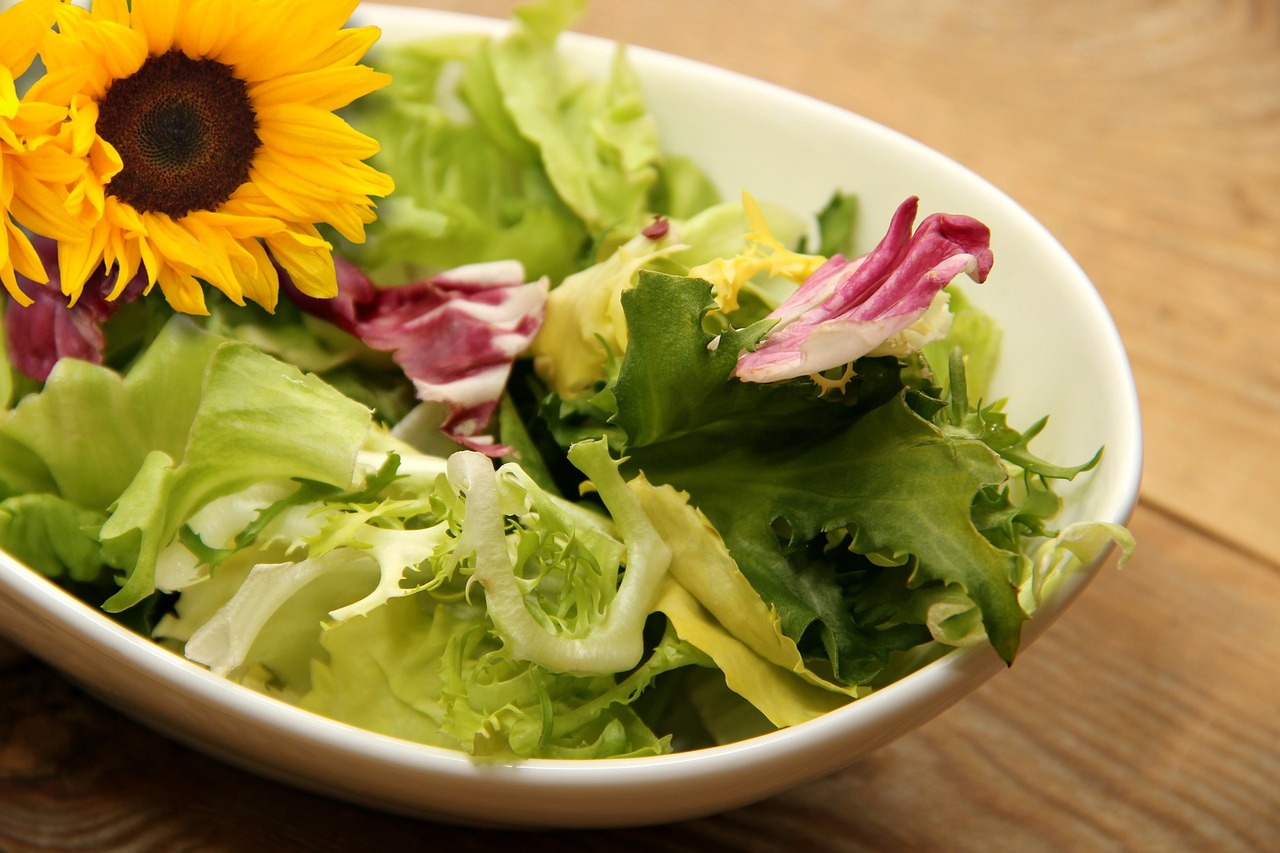If Potassium Isn’t Listed on The Nutrition Facts
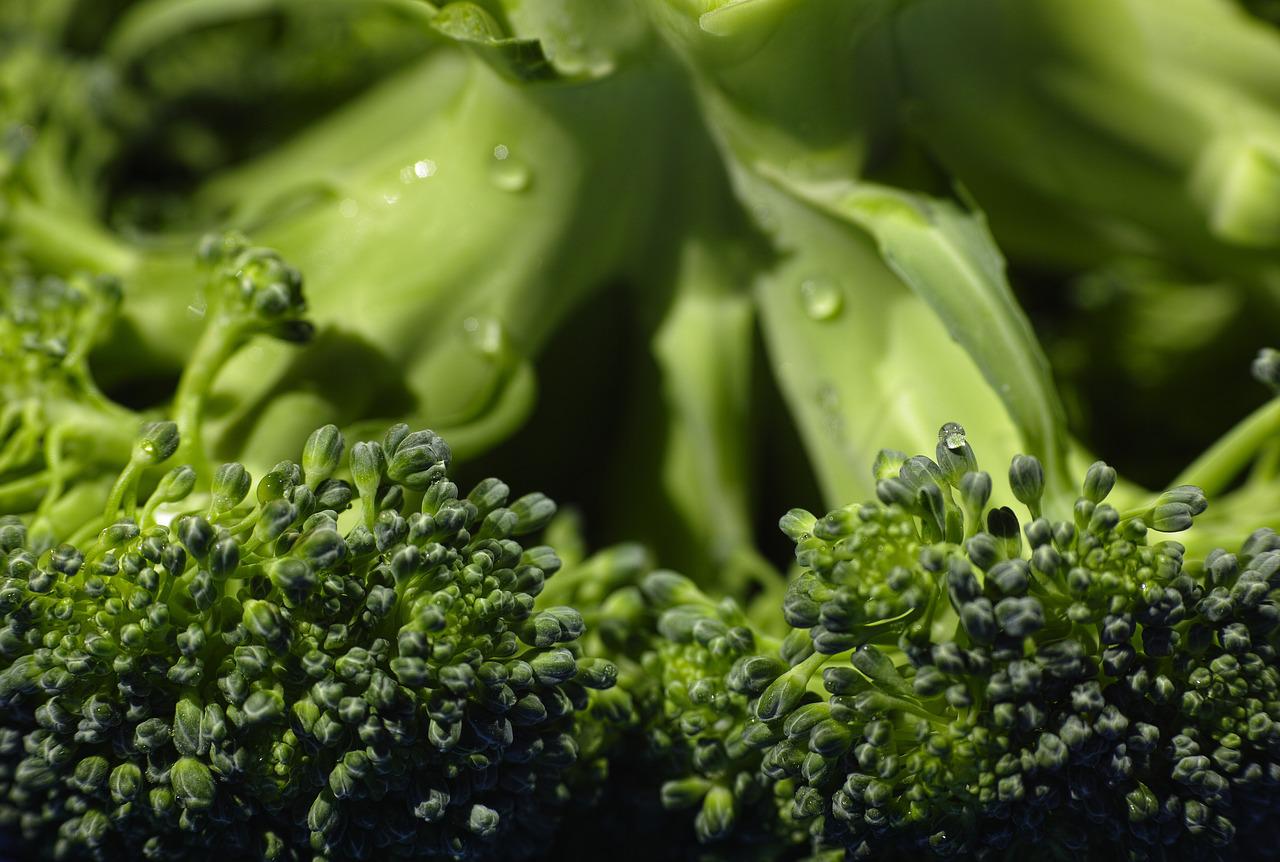
Q: If potassium isn’t listed on the Nutrition Facts panel of a food, does that mean it doesn’t contain much?
A: No, the Nutrition Facts panel is legally required to list content of certain nutrients, but listing potassium content is optional. Taking steps to boost potassium consumption is a good idea for most Americans, since our average is only one-half to two-thirds of recommended levels. A potassium-rich diet is important for healthy blood pressure levels because it blunts the effect too much sodium can have in raising blood pressure. Although boosting potassium may seem tricky without content listed on food labels, the most concentrated sources of potassium include many foods without nutrition labels: vegetables and fruits (with some much higher than others) and fish, poultry and meat. Even for foods with substantial amounts of potassium, the Nutrition Facts panel may not list potassium content; this includes dried beans, nuts, seeds, milk, yogurt and cottage cheese. Coffee and tea contain lesser amounts, but for people who drink several cups a day, these beverages can add important amounts of potassium; these, too, are usually not labeled with potassium content. Where you do see potassium listed, look for at least 10 percent of Daily Value. Daily Value is based on 3,500 milligrams (mg) per day. Note that the latest recommendations are for everyone age 14 and older to aim for 4700 mg daily. One cup of cooked spinach or broccoli contains over 800 mg, one medium baked potato has 800 mg and one medium banana provides 450 mg. With or without label information to guide us, increased potassium consumption is just one of many nutritional benefits that we get from following recommendations to eat an abundance of vegetables, fruits, whole grains and legumes.
The Author:
The American Institute for Cancer Research (AICR) is the cancer charity that fosters research on the relationship of nutrition, physical activity and weight management to cancer risk, interprets the scientific literature and educates the public about the results. It has contributed more than $96 million for innovative research conducted at universities, hospitals and research centers across the country. AICR has published two landmark reports that interpret the accumulated research in the field, and is committed to a process of continuous review. AICR also provides a wide range of educational programs to help millions of Americans learn to make dietary changes for lower cancer risk. Its award-winning New American Plate program is presented in brochures, seminars and on its website, www.aicr.org. AICR is a member of the World Cancer Research Fund International.


